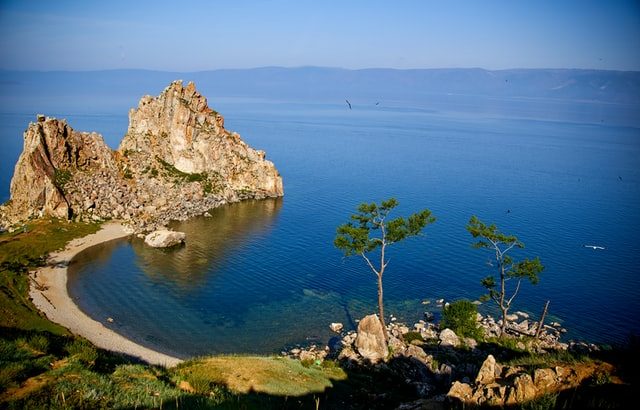
The Development of Sustainable Tourism
According to the United Nations World Tourism Organization; sustainable tourism is “tourism that takes full account of its current and future economic, social and environmental impacts; addressing the needs of visitors, the industry, the environment and host communities.” In simpler terms, it involves the consideration of the likely impacts of tourist activities on the social, economic and environmental structure of a place now and in future. It involves taking deliberate measures to conserve the biodiversity and cultural heritage of communities that house tourist attractions. The sole aim of sustainable tourism is to maximise the benefits, while reducing the negative impacts that tourist activities could have on destinations.
In a bid to give more clarity to the subject matter, let us look at a few examples of sustainable tourism:
- Controlled tourism in Bhutan: Bhutan – located in the East of the Himalayas – is reputed to be one of the happiest countries in the world. In Bhutan, tourist activities are of “high value and low impact”. To achieve this, the country enforced strict entry requirements and a daily visitor tariff. A large portion of the tariff is used to maintain and further develop the country’s health care, education and other infrastructure.
- Solar powered resort in Fiji: Six Senses is a five-star resort that runs on 100% solar power. It is equipped with a rainwater capture system, as well as a water-filtration site. The resort strives to be as low-waste as is feasible; as it encourages reuse and recycling. Similarly, it grows as much of its own vegetables and herbs as possible; and every artwork in the hotel is produced by the locals.
- A community run backpacker in South Africa: Mdumbi backpackers’ goal is to promote “community involvement and sustainable eco-tourism”. The project boasts of onsite sustainable interventions like solar power, energy efficiency, and waste management. The ownership model is such that its host community; as well as the local employees all own shares in the company.
These are just a few of the various models for developing sustainable tourism at destinations. It is imperative that the tourism industry to delves towards low-impact travel experiences that give massive returns to their host communities.
Principles of Developing Sustainable Tourism
In order to achieve an eco-friendly system of tourism, businesses need to remain aware of the following measures: environmental stewardship, community development, and sustainable business practices.
- Environmental stewardship: these are the series of activities and experiences that aid tourists’ awareness and appreciation of the beauty of their destination’s natural environment and wildlife. Some of these activities include hiking, canoeing, arts and crafts using sustainable local materials and so on. These activities help to increase visitors’ levels of interaction and engagement with the environment.
- Community development: this involves the effects a business has on its community’s social, economic and cultural spheres. While the culture and tradition of a locality should be respected by businesses; it is also important that business owners uphold the values and pay attention to supporting their host communities.
- Sustainable business practices: these are actions taken to help reduce the negative impacts a business has on the environment, while increasing its level of self-sufficiency. These include its choices of building materials, the usage of clean and renewable energy, adequate waste management, and so on.
By observing these measures in tourism-related operations, businesses are able to promote social, cultural, economic and environmental sustainability, while having a positive impact on their immediate environment.
How to Be A Sustainable Tourist
We must realize that there’s a lot to achieving sustainable tourism. Collective efforts would have to be made by business owners, tourists, the locals, and the government. As a tourist, you have an impact on the tourism and the economy of a country. Hence, you play a vital role. These tips would help you to play your part when you visit destinations:
- Buy from local communities when you shop;
- Opt for eco-friendly operators during tours;
- Use natural resources when you can;
- Let their fauna and flora be;
- Give the local food a trial (you would often love them);
- Respect the host community’s culture and tradition;
- Opt for eco-friendly transportation whenever you can;
- Use reusable bags;
- Say NO to illegal trade;
